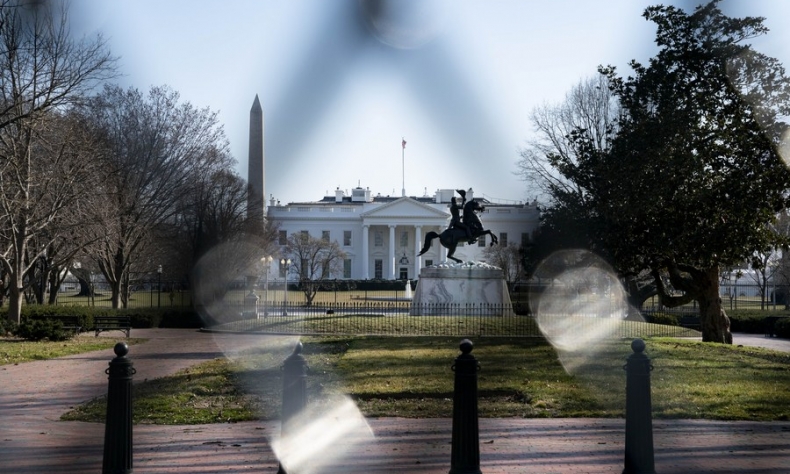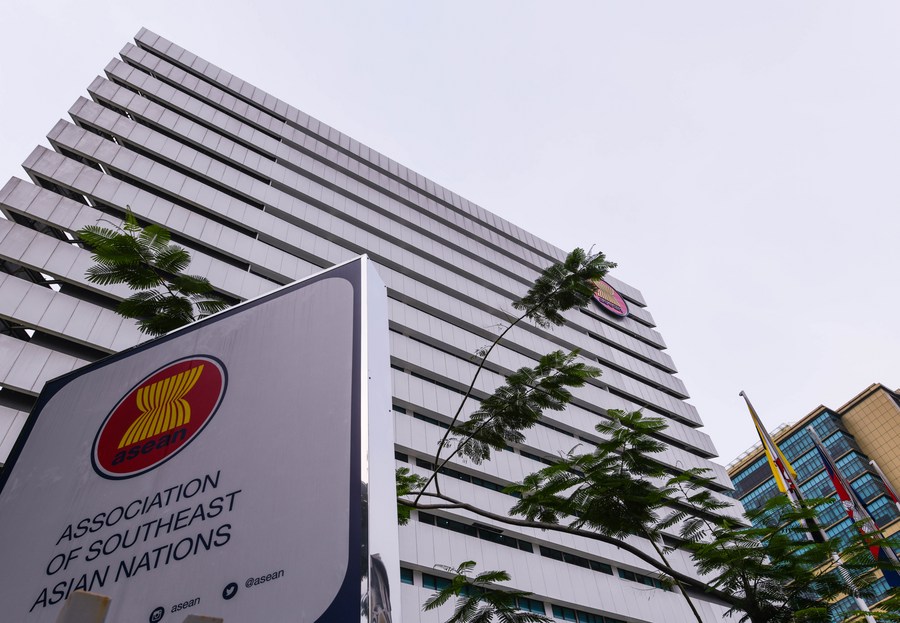US Politics of Hegemony Will Hinder Asia-Pacific Region

The key to security and prosperity in the Asia-Pacific region is win-win cooperation, and not zero-sum games or confrontation. In this regard, the region should become an area for peaceful development, instead of an arena for playing up geopolitics.
Over the past week, the 19th Shangri-La Dialogue concluded in Singapore. As a regional security forum, the event brings together delegates from various countries to address the dominant issues of the time.
However, the United States sees the forum as an opportunity to advance its politics of hegemony under the premise of a “free and open Indo-Pacific,” seeking to maximize tensions through military and alliance building activities, and to divide the region into various blocs and groupings, playing up issues in order to ignite confrontation.
The behavior of the U.S. undermines the longstanding order in the Pacific which has been underpinned by multilateralism, regional integration and shared prosperity. Such a race to create a Cold War front across Asia and its surroundings will be a fundamental mistake.
Throughout the past few decades, one of the greatest successes of the Asia-Pacific region has been that it is driven by a common process of engagement and integration. The end of Cold War-style divisions in the region has allowed countries there the opportunities to develop, and boost trade and investment.

Groupings such as the Association of Southeast Asian Nations (ASEAN) have consolidated themselves through multilateral cooperation. Moreover, the peace that the area has experienced has allowed its economy to boom and become one of the most important in the world. Old political grudges and tensions were largely shelved during this period.
However, the United States is seeking to maximize its political hegemony over the region, igniting regional disputes and weaponizing a strategy of what is referred to as “minilateralism” in order to create and lead new groupings of countries, such as the Quad, the AUKUS alliance and the so-called Indo-Pacific Economic Framework.
As such, the open and prosperous order in place throughout Asia is coming under increasing strain and threat, as various countries have to face the pressure to take sides and struggle to hedge their geopolitical priorities, thereby creating a cycle which undermines growth, certainty, stability and engagement.
The key to security and prosperity in the Asia-Pacific region is win-win cooperation, and not zero-sum games or confrontation. In this regard, the region should become an area for peaceful development, instead of an arena for playing up geopolitics.
China is the nexus of growth in the region, and it always seeks cooperation and fair engagement in order to ensure regional multilateralism. The United States’ Indo-Pacific strategy and its politics of hegemony only jeopardize economic cooperation in the region, which will undermine economic development of ASEAN countries and the prosperity they have been committed to for decades.
 Facebook
Facebook
 Twitter
Twitter
 Linkedin
Linkedin
 Google +
Google +







